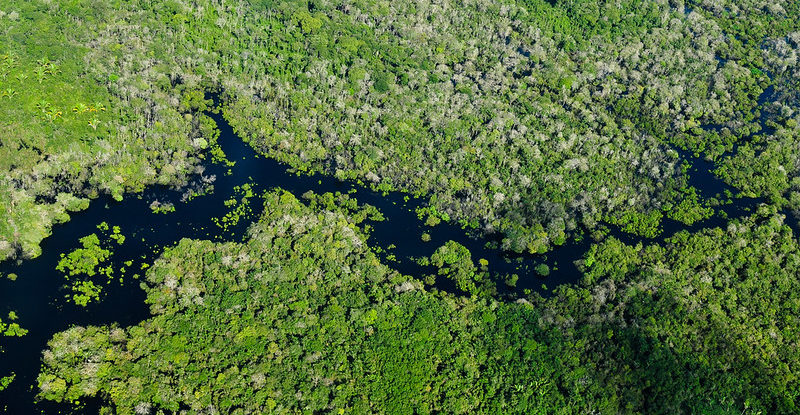
Forestry experts are applauding an agreement made in a joint statement on Monday by more than 130 countries at the COP26 climate summit in Glasgow to halt and reverse deforestation and land degradation by the end of the decade.
The pledge, supported by $19 billion in public and private funds, covers more than 85 percent of forests worldwide, equivalent to 3.7 billion hectares. Significantly, it includes the key tropical forests of Brazil, Democratic Republic of Congo and Indonesia.
As part of the pact, a dozen countries committed to provide $12 billion in public finance to 2025, which will be funnelled into landscape restoration activities, tackling forest fires, and supporting the rights of Indigenous communities. Additional commitments from the private sector of $7.2 billion, and pledges to eliminate investment activities linked to deforestation, also form part of the commitment.
“While these pledges are inspirational and encouraging, success will require we convert pledges into actions better than in the past and also that we organize a just and equitable transition from a fossil-fuel based economy to a bio-based and renewables economy,” said Robert Nasi, director general of the Center for International Forestry Research (CIFOR) and managing director of World Agroforestry (ICRAF).
“We must develop a framework and reporting mechanism to ensure these promises are met — if we aren’t careful, we could still lose our forests as the impact of climate change is felt through wildfires or pathogens, without ever bringing in the axe or the chainsaw,” he added.
The Declaration on Forests and Land Use is only one of several commitments made to protect forests and ecosystems, supported by public and private financing at the climate talks.
Leaders at COP26 also announced the Congo Basin Pledge, a promise of $1.5 billion in financing by 10 countries, the European Union, and the Bezos Earth Fund, to protect forests, peatlands and other critical global carbon stores.
Online retailer Amazon founder Jeff Bezos committed another $2 billion to restore landscapes and transform food systems.
The series of pledges acknowledge that resource mobilization and long-term financial support – both public and private – from the international community are required to support countries in conservation and restoration efforts.
Another initiative, a new $345 million, seven-year program, the Food Systems, Land Use and Restoration Impact Program (FOLUR), will launch projects in 27 countries on the sidelines of COP26 at the Global Landscapes Forum this Saturday targeting forest risk commodities, including beef, cocoa, coffee, maize, palm oil, rice, soy and wheat production and value chains.
The initiative, funded by the Global Environment Facility and led by the World Bank, aims to reduce the environmental consequences of food production, and will leverage $2.7 billion of additional co-financing to improve agricultural ecosystems and policies, mobilizing public and private sector financing.
We want you to share Forests News content, which is licensed under Creative Commons Attribution-NonCommercial-ShareAlike 4.0 International (CC BY-NC-SA 4.0). This means you are free to redistribute our material for non-commercial purposes. All we ask is that you give Forests News appropriate credit and link to the original Forests News content, indicate if changes were made, and distribute your contributions under the same Creative Commons license. You must notify Forests News if you repost, reprint or reuse our materials by contacting forestsnews@cifor-icraf.org.